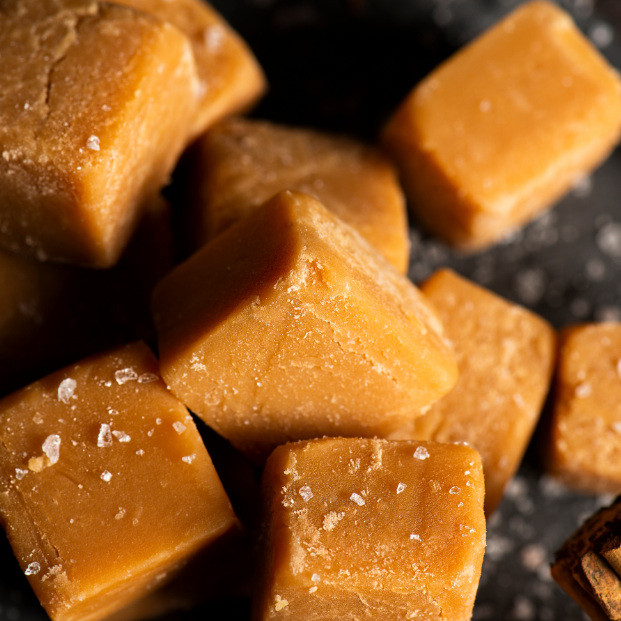Even when you’re not washing them non-stop (though, right now, you should be), your hands are still vulnerable to wear and tear from environmental factors such as cold air. To remedy this try a “soak and smear” technique for treating dry hands to keep your skin barrier intact and to ward off dermatological conditions such as eczema and psoriasis.
The four-step treatment can be done every night as frequently as needed. (It can be particularly helpful for hands so irritated that they’ve begun to crack.) All you need is some warm water, a little ointment, and a pair of gloves.
The “smear and soak” method for treating dry skin on hands:
1. Soak your hands in warm water for a few minutes.
2. Pat them dry.
3. Apply an cream (such as The Putty) which has occlusive ingredients to protect your skin barrier like cocoa butter, shea butter as well as non nano powdered zinc and colloidal oatmeal blended into the formula to soothe and protect your overused, over washed hands.
4. Put on a pair of cotton gloves, which will help occlude the ointment and help your skin heal faster. Leave them on overnight.







